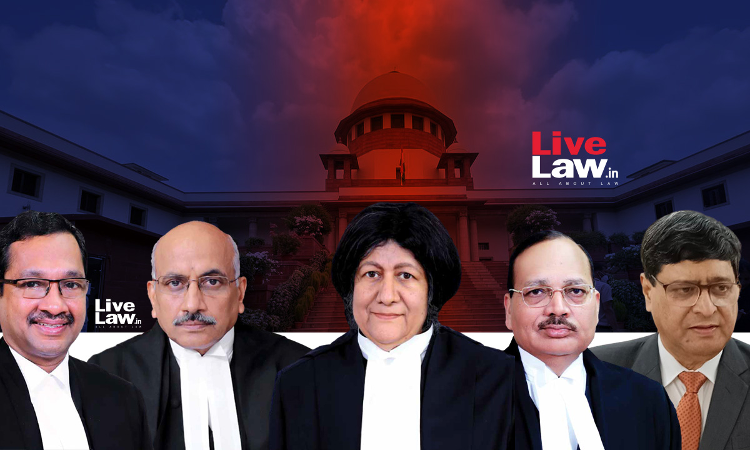Interview Assumes More Significance In Selection Of Judicial Officers : Supreme Court While Hearing "Changing Rules Of Game" Issue
LIVELAW NEWS NETWORK
6 Sept 2022 5:54 PM IST

"We need judicial officers, we don't need somebody who will just go through the books", the Court observed during the hearing.
Next Story


